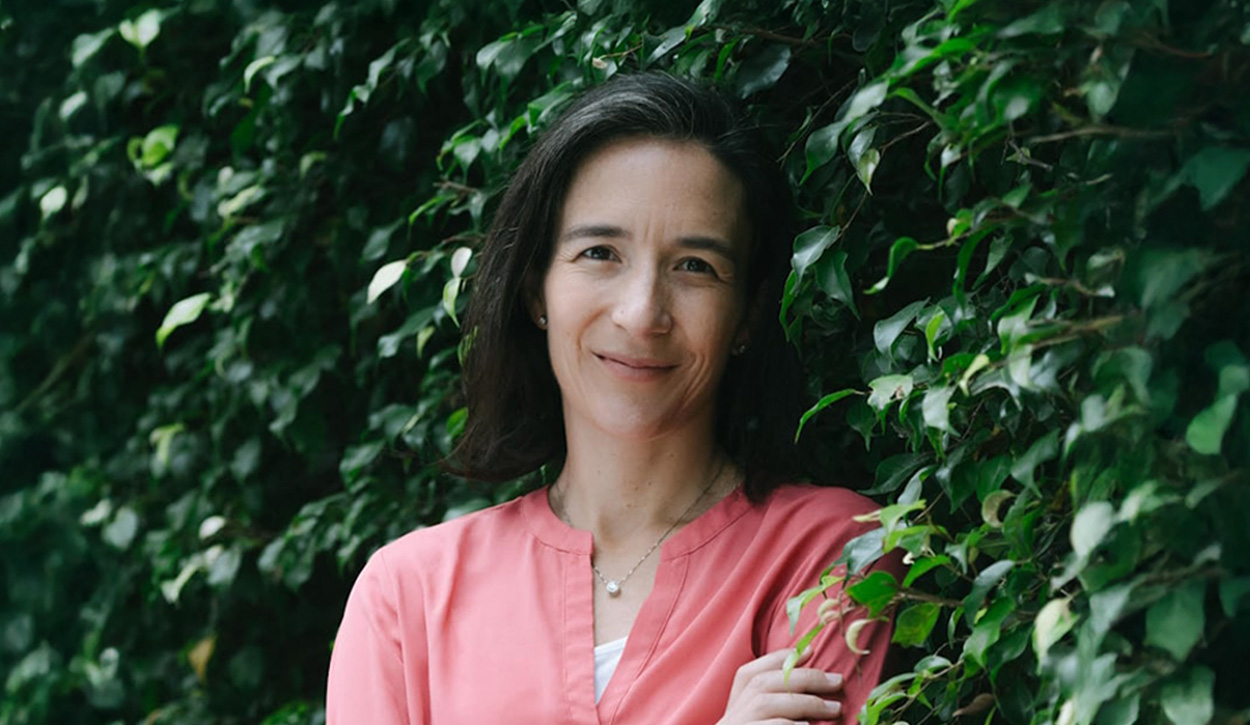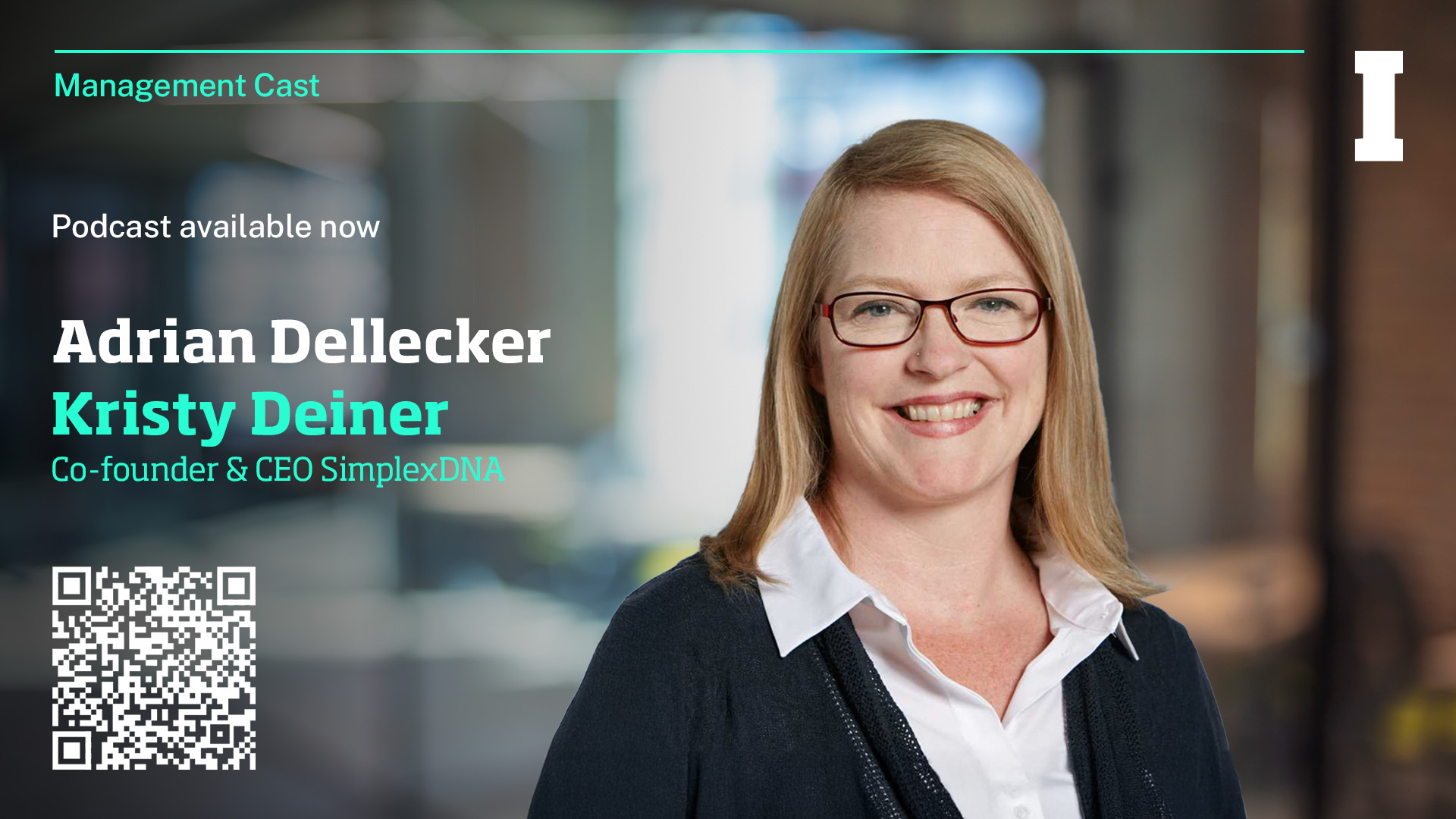OCP: Liberating energy to create sustainable growth
The case focuses on the transformation of OCP, a state-owned monopoly that mined and exploited Morocco’s phosphate reserves. By 2021 it had become an organization with a mission to contribute to the sustainability of food security as the custodians of 70% of the world’s phosphate reserves. Phosphate is one of three vital ingredients in fertilizers that are used to grow healthy, drought-resistant plants, and contributes to sustainable agriculture. This is nowhere more urgent than in Africa: sub-Saharan Africa has the world’s fastest-growing population, but an impoverished agricultural system and only one-third of its arable land is cultivated. Helping smallholder farmers to cultivate more land with robust crops could improve the continent’s sustainable agriculture and better feed its population. In 2016 OCP Group’s Chairman, Dr Mostafa Terrab, launched “the Movement,” a vaguely defined initiative to “liberate energy” and develop collective intelligence to build a more purposeful sustainable future. The Movement’s goal was to continue the group’s transformation from a hierarchical phosphate producer to a global, digital and learning organization with a mission to create sustainable growth for everyone. The case describes the Movement’s philosophy, intention and principles: self-organization, an advice process, and collective intelligence based on a shared vision that all people can contribute to the organization and its ecosystem through collaboration. The Movement brings people together to anticipate future challenges and stakeholder expectations and to bring innovative ideas to life. By 2019, the Movement had launched 60 projects involving 9,000 people that have diversified the group’s business activities, enhanced the employee experience, created growth opportunities and community engagement in Morocco and across Africa. Several of these projects have been anchored into the Group and have increased its focus on inclusive business and sustainable development.
- How does change occur through movements within ecosystems?
- What are movements, their pros and cons, and what differentiates them from other change initiatives?
- What impact can a movement have on cultural transformation?
- How does the Movement contribute to delivering OCP’s vision: creating sustainable growth for everyone?
- How can organizations manage both exploitation and exploration; and share value and growth with stakeholders and communities
OCP Africa, Manufacturing, Chemicals
2016-2021
Cranfield University
Wharley End Beds MK43 0JR, UK
Tel +44 (0)1234 750903
Email [email protected]
Harvard Business School Publishing
60 Harvard Way, Boston MA 02163, USA
Tel (800) 545-7685 Tel (617)-783-7600
Fax (617) 783-7666
Email [email protected]
NUCB Business School
1-3-1 Nishiki Naka
Nagoya Aichi, Japan 460-0003
Tel +81 52 20 38 111
Email [email protected]
IMD retains all proprietary interests in its case studies and notes. Without prior written permission, IMD cases and notes may not be reproduced, used, translated, included in books or other publications, distributed in any form or by any means, stored in a database or in other retrieval systems. For additional copyright information related to case studies, please contact Case Services.
Research Information & Knowledge Hub for additional information on IMD publications
The rapid expansion of generative artificial intelligence (GenAI) has delivered significant business advantages, like enhancing automation, efficiency, and decision-making capabilities across industries. However, these innovations come with enviro...
Research Information & Knowledge Hub for additional information on IMD publications
in I by IMD
Research Information & Knowledge Hub for additional information on IMD publications
in I by IMD
Research Information & Knowledge Hub for additional information on IMD publications
in I by IMD
Research Information & Knowledge Hub for additional information on IMD publications
Research Information & Knowledge Hub for additional information on IMD publications
Research Information & Knowledge Hub for additional information on IMD publications
in I by IMD
Research Information & Knowledge Hub for additional information on IMD publications
in I by IMD
Research Information & Knowledge Hub for additional information on IMD publications
in I by IMD
Research Information & Knowledge Hub for additional information on IMD publications
in I by IMD
Research Information & Knowledge Hub for additional information on IMD publications










